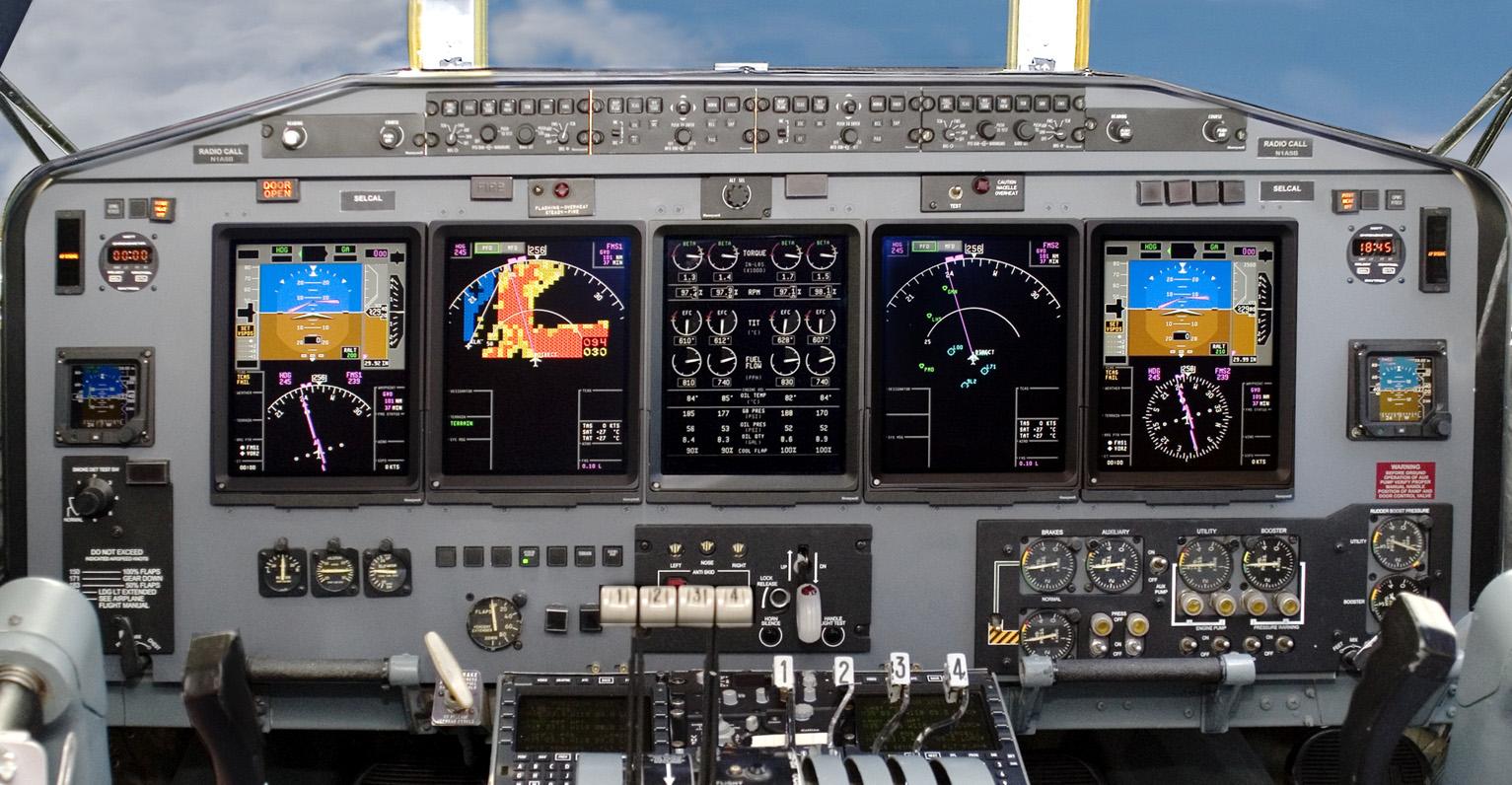I’ve always been fascinated by the instrument panels of an airplane cockpit. As a child, I had the chance to sit in a pilot’s seat and was shown all the different readings and ways that pilots communicate when flying. Since that day, I started reading about aviation and all the possible career paths that come with it.
I am a very technical and hands-on person and love to work with people, so I have a question for the experts. What exactly is an avionics engineer?
Avionics refers to the electrical equipment used in missiles, aircraft, and spacecraft. Aviation electronics are the navigation, weather radar, and radio communication equipment used by pilots. This industry developed with the rise of modern warfare, with hundreds of advancements and developments since WWII. Avionics Engineers work in the aerospace industry designing and developing aircraft, spacecraft, satellites, missiles, and spacecraft avionics instrumentation. You would be researching problems associated with flight safety systems, landing gear, and electronic navigation systems. Additionally, you would test prototypes to make sure that they function according to design.
Aerospace engineers often specialize in designing aerospace products. These products can be civilian or military airplanes and helicopters, remotely piloted aircraft and rotorcraft, spacecraft such as launch vehicles and satellites, and military missiles and rockets.
Avionics engineers have many duties and responsibilities. You help with the installation and servicing of avionics communications equipment and make sure that these systems comply with Federal Aviation Administration requirements and manufacturer’s specifications. You actively design, purchase, test, and calibrate computer and electronic communication panels.
Project proposals go through avionics engineers, who determine whether or not projects are technically and financially possible. Assessing if the projects will yield safe aircraft and parts is a factor in this determination. To help with project assessment, you and your colleagues create acceptance criteria for design methods, quality standards, and sustainability.
It is essential that avionics engineers adhere to safety standards, as your work can impact countless lives. The industry adheres to agreed-upon standards outlined by the do-178c, considered the ‘bible of avionics software development’ by the aeronautics industry. AFuzion provides certification training and education to the avionics community, including a certification training on an introduction to the do-178c.
To become an engineer, you must hold a bachelor’s degree in aerospace engineering, another engineering field, or science related to aerospace systems. The common engineering specialties of aerospace engineers are aeronautical or astronautical. Aeronautical engineers design aircraft and propulsion systems. They use their technical knowledge to improve flight safety and fuel efficiency, in order to reduce costs and minimize environmental impact. Astronautical engineers work with the science and technology of spacecraft.
Avionics technicians are responsible for the repair and maintenance of avionics systems. You also develop procedures to handle electronic problems and perform preventative maintenance. Avionics designers can be thought of as electronic engineers and engineering technicians. You are responsible for the design, development, testing, and manufacturing of avionic equipment.
The core curriculum for aviation is varied and includes courses such as integrated avionics systems, navigation and communication systems, flight control systems, and avionics installation and maintenance.
Any projects pertaining to national defense will likely require security clearances. To be a strong candidate, you’ll need several important qualities, including analytical thinking, business acumen, critical thinking skills, math ability, problem-solving skills, and writing.
No license is required to be an avionics engineer, though, over time, you may choose to obtain a Professional Engineering license. Training and certification from the FAA is required for all aspiring engineers. The average take-home salary ranges from $67-$134k thousand, depending on years of experience, specialty field, and city location. This means, if you’re eyeing this sort of degree, you should have no trouble finding a well-paying job post graduation.




